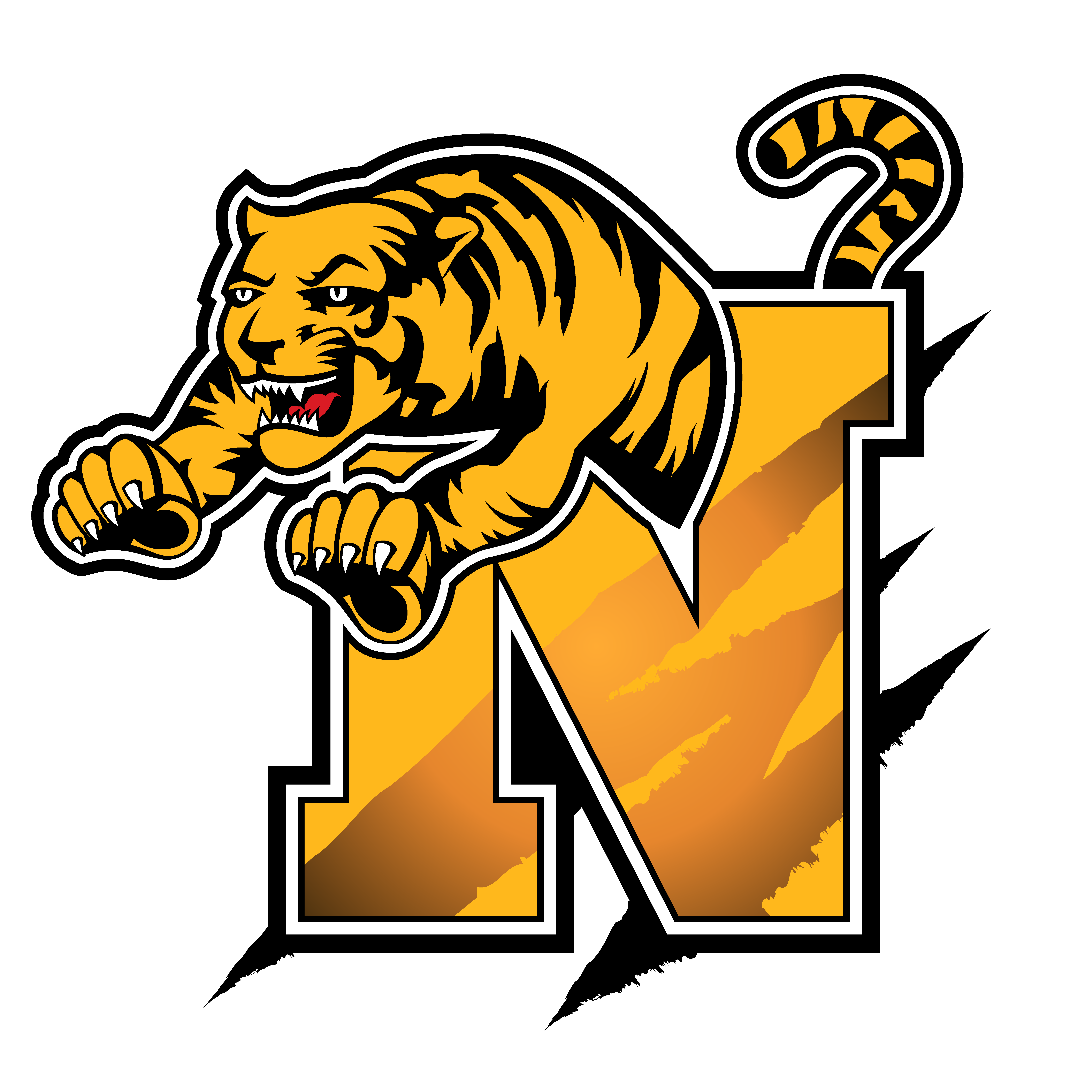"THE ONLY PIECE MISSING IS YOU"
LETTER TO LOYAL TIGER PARENTS & FANS
Dear Parent / Guardian:
The role of the parent in the education of a youngster is important. The support shown in the home is often manifested in the ability of the student to accept the opportunities presented at school in the classroom and through co-curricular and extra-curricular activities.
There is a value system—established in the home, nurtured in the school—that young people are developing. Their involvement in classroom and other activities contributes to that development. Integrity, fairness and respect are lifetime values taught through athletics. And these are the principles of good sportsmanship. With them, the spirit of the competition thrives, fueled by honest rivalry, courteous relations and graceful acceptance of the results.
Working to that end, we are joining with the PIAA in support of a program called “SPORTSMANSHIP: The Only Missing Piece Is You!”. This is a program designed to positively change behavior in our schools and reinforce and reward the need for sportsmanship as one of the values taught through educational athletics.
A good sport, whether a student or a parent, is a true leader within the school and community. As a parent of a student, your sportsmanship goals should include:
- Realizing that athletics are part of the educational experience, and the benefits of involvement go beyond the final score of a contest;
- Encouraging our students to perform their best, just as we would urge them on with their classwork, knowing that others will always turn in better or lesser performances;
- Participating in positive cheers that encourage our athletes; and discouraging any cheer that would redirect that focus;
- Learning, understanding and respecting the rules of the contest, the officials who administer them and their decisions;
- Respecting the task our coaches face as teachers; and supporting them as they strive to educate our youth;
- Respecting our opponents as students, and acknowledging them for striving to do their best;
- Developing a sense of dignity under all circumstances.
- BE A FAN…NOT A FANATIC!!
These and other expectations are included in the attached guidelines, which we hope you will take a few moments to review. They give us a roadmap to follow on a journey toward a more educational atmosphere for interscholastic athletics.
You can have a major influence on your youngster’s attitude about academics and athletics. The leadership role you take in sportsmanship will help influence your child, and our community, for years to come.
Thank you for your time and consideration and I look forward to serving you in the year ahead, and I do appreciate your continued support of Northwestern Lehigh Athletics.
Respectfully Submitted,
Jason T. Zimmerman, C.A.A.
Director of Athletics & Student Activities
GUIDELINES FOR BEHAVIOR OF SPECTATORS…
- Remember that you are at a contest to support and cheer for your team and to enjoy the skill and competition; not to intimidate or ridicule the other team and its fans.
- Remember that interscholastic athletics are a learning experience for students and that mistakes are sometimes made. Praise student-athletes in their attempt to improve themselves as students, as athletes and as people as you would praise a student working in the classroom.
- A ticket is a privilege to observe the contest, not a license to verbally assault others and be generally obnoxious.
- Learn the rules of the contest so that you may understand and appreciate why certain situations take place.
- Show respect for the opposing players, coaches, spectators and support groups. Treat them as you would treat a guest in your own home.
- Respect the integrity and judgment of the contest official(s). Understand that they are doing their best to help promote the student-athlete, and admire their willingness to participate in full view of the public.
- Recognize and show appreciation for an outstanding play by either team.
- Refrain from the use of any controlled substances (alcohol, drugs, tobacco, etc.) before, and during contests and afterwards on or near the site of the event.
- Use only those cheers that support and uplift the teams involved.
- Be a positive role model through your own actions and by censuring those around you whose behavior is unbecoming.
ACCEPTABLE BEHAVIOR…
- Applause during introduction of players, coaches and contest officials.
- Players shaking hands with opponents who foul out while both sets of fans recognize player’s performance with applause.
- Accept all decisions of contest officials.
- Cheerleaders lead fans in cheers in a positive manner.
- Handshakes between participants and coaches at the end of the contest, regardless of the outcome.
- Treat competition as a contest, not a war.
- Coaches/players search out opposing participants to recognize them for outstanding performance or coaching.
- Applause at the end of contest for performances of all participants.
- Everyone showing concern for an injured player, regardless of team.
- Encourage surrounding people to display only sportsmanlike conduct.
- Parent contacting a coach the day after the event (not immediately before or after an event) to schedule and appointment to address a question or concern.
UNACCEPTABLE BEHAVIOR…
- Yelling or waving arms or objects during opponent’s free throw attempt.
- Disrespectful or derogatory cheers, chants, songs, or gestures.
- Criticizing officials in any way, displays of temper with an official’s call.
- Cheers that antagonize opponents.
- Refusing to shake hands or give recognition for good performances.
- Blaming loss of contest on officials, coaches, or participants.
- Laughing or name-calling to distract an opponent.
- Use of profanity or displays of anger that draw attention away from the contest.
- Parent addressing a question or concern immediately before or after a contest, instead of calling to make an appointment to meet with the coach.
